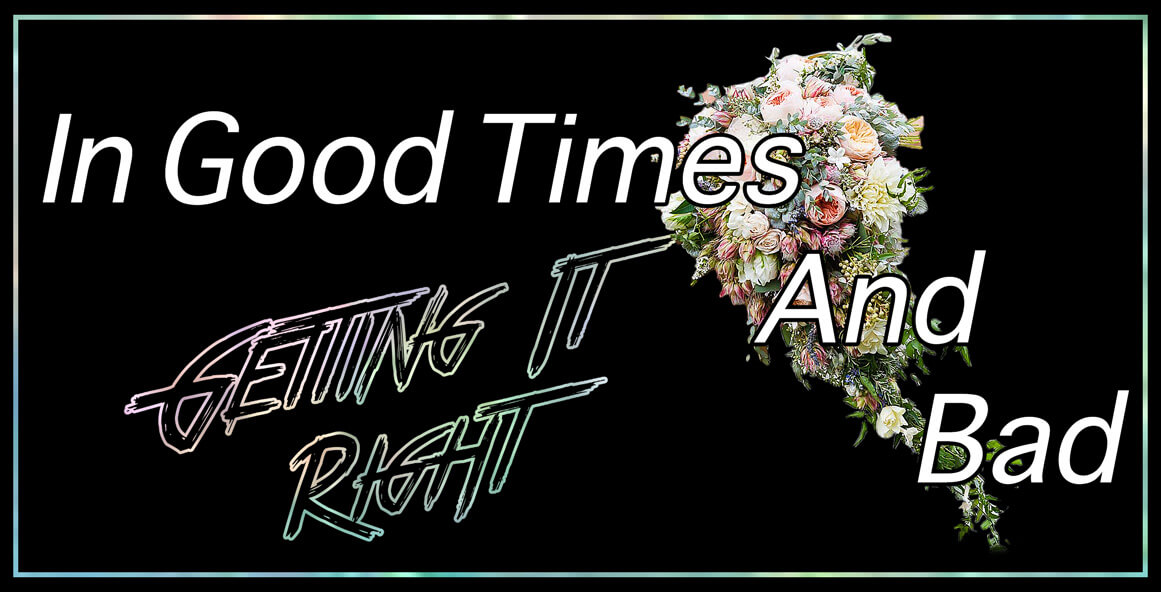This is the third part of my series regarding adversity called-Mid Season.
Quest Nutrition founder, Tom Bilyeu, explains a series of steps that people could utilize to change their lives. One of which that he discusses passionately is about narrative.
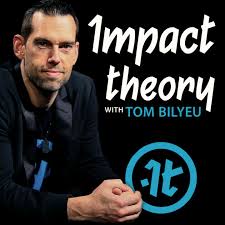
Tom Bilyeu (photo property of Impact Theory)
“I’m the type of person that…”
When facing adversity, this attitude is critical.
“I’m the type of person that…gets up when I fall down”. “I’m the type of person that…refuses to quit no matter how hard it is”. “I’m the type of person that…takes ownership of my mistakes”.
Every person needs to become self-aware and set a narrative that can handle every situation.
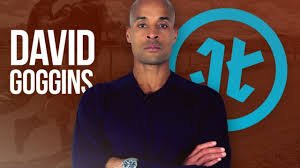
David Goggins (Beyond Endurance) photo is owned by Impact Theory
David Goggins, one of the world’s greatest endurance athletes, discusses his technique of dealing with adversity as “filling the cookie jar”. Here it is in more detail…
“The more you mess up in life and learn from those mistakes, the more cookies you have to fill up what I call the “cookie jar.” The cookie jar is the inner reserves of strength and faith we have to draw from in our darkest moments. The more life experiences you have, the bigger the cookie jar and more you can pull out and feed on in that moment of truth, when you’re bruised and bleeding and it looks like you’ll never finish the race; whether it’s a work assignment, a semester at school, or a quest to get in shape and lose weight. The contents of the cookie jar are what give us that extra fuel to bring it just when we need that last burst of energy and focus.”
As I reflect on my own experiences in dealing with adversity, I have been reactive. I have been busy finding a way to survive rather than using the experiences as a building block for future success. It is something I hope to get better at.
Viktor Frankl, penned in Man’s Search For Meaning, perhaps the best recipe on handling adversity:
“When we are no longer able to change a situation, we are challenged to change ourselves.” (Frankl)
We discussed the topic of adversity with a handful of college coaches. Here is how they handle it.
Mid-Season: College Coaches Share Their Game Plan For Handling Adversity

Coach Eric Musselman (picture is the property of the University of Nevada)
University of Nevada, Head Coach (former NBA head coach), Eric Musselman
“I think one of the biggest things that has helped me with career adversity is my wife Danyelle and my family. I’m very fortunate to have a great family that creates a support system for me. Like any profession, there are going to be ups and downs and you’re going to hit rough patches. However, through the guidance of Danyelle, my family, and my group of close-knit friends I am fortunate to be able to get through those occasional rough patches.
In season, I am very competitive and want to win every game. However, I think you have to do a really good job of managing your emotions and controlling stressful situations. In the NBA, it’s an 82 game season and you can’t allow every little thing to get to you. One of the biggest things I do to combat stress is I work out 2 hours a day, 7 days a week. This is a way for me to not only stay in shape and stay healthy but also allows me to take my mind off some of the stressful situations.”
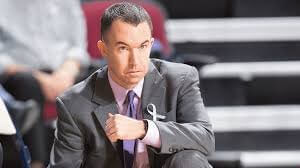
Coach Bob Walsh (picture is the property of the University of Maine)
University of Maine, Head Coach Bob Walsh
“The ability to handle adversity is rooted in your program’s culture. The foundation of our program is the way we compete every day, and that is how we evaluate ourselves. So when significant adversity hit us this season, we fought hard to stick to our core principles. We can control how hard we compete, and that’s how we define ourselves. So that should never change.
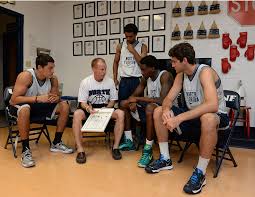
Coach Matt Driscoll (picture is the property of the University of North Florida)

Coach Adam Cohen (the picture is property of Stanford University)
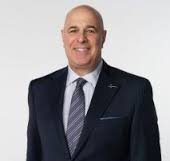
Coach Seth Greenberg (picture is property of ESPN)
Parent, journalist, adjunct professor, host-That Bracket Show on SB Nation Radio and former Five-Star Camp CEO. Principal of Klein Sports and Education Consulting. Current clients include; The Highlands Current, Kinexon Sports, Basketball Travelers, and Blue Star Sports Technology. Current member of the USA Basketball Working Group on Youth Development Member: USA Basketball Writers Association, AIPS, AP Sports Editors, NABC and Society of Professional Journalists


